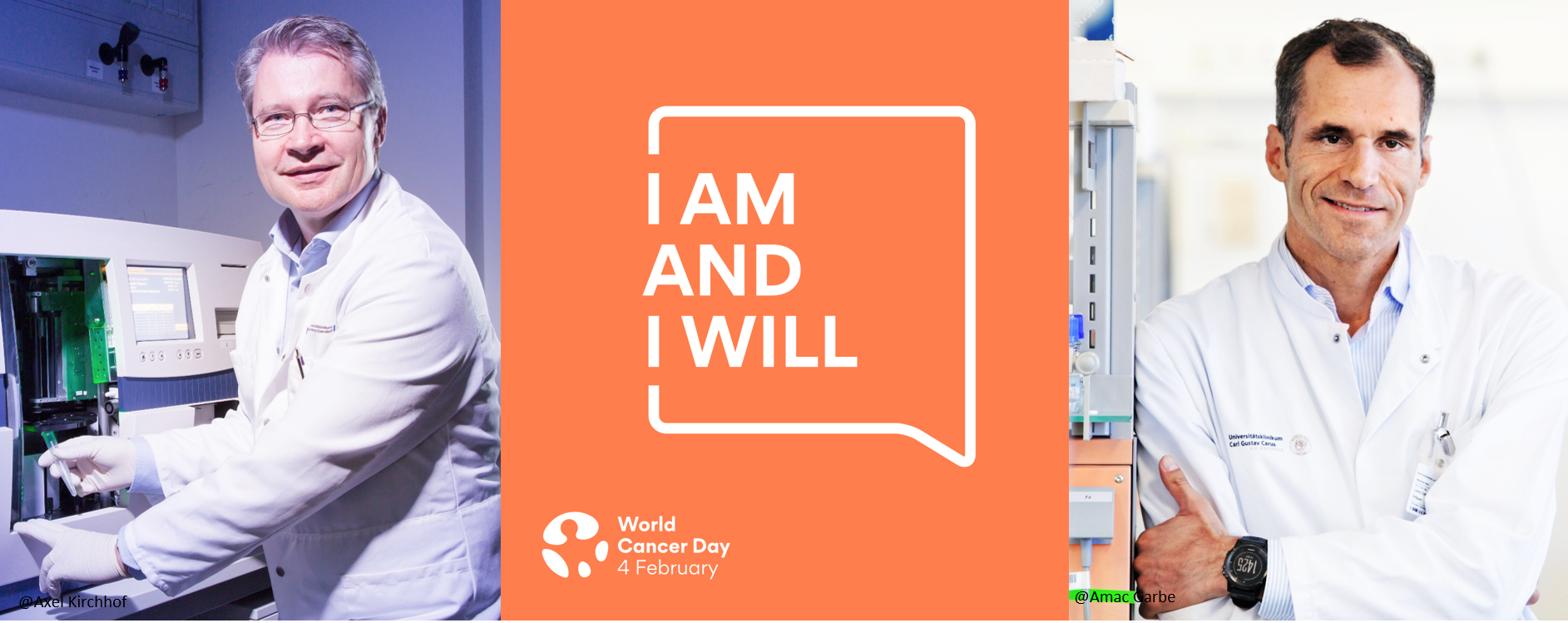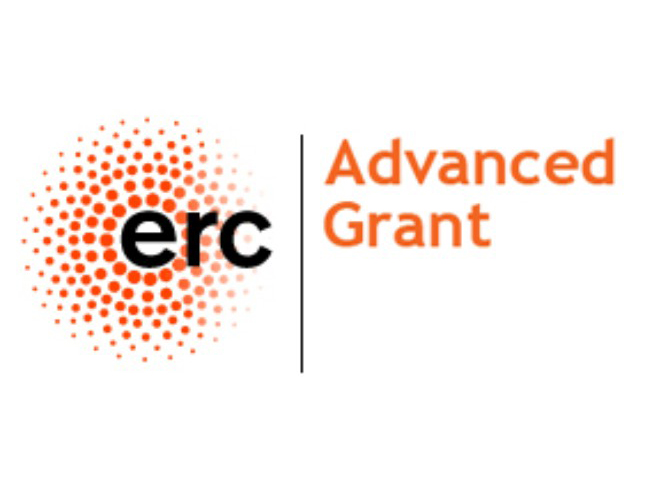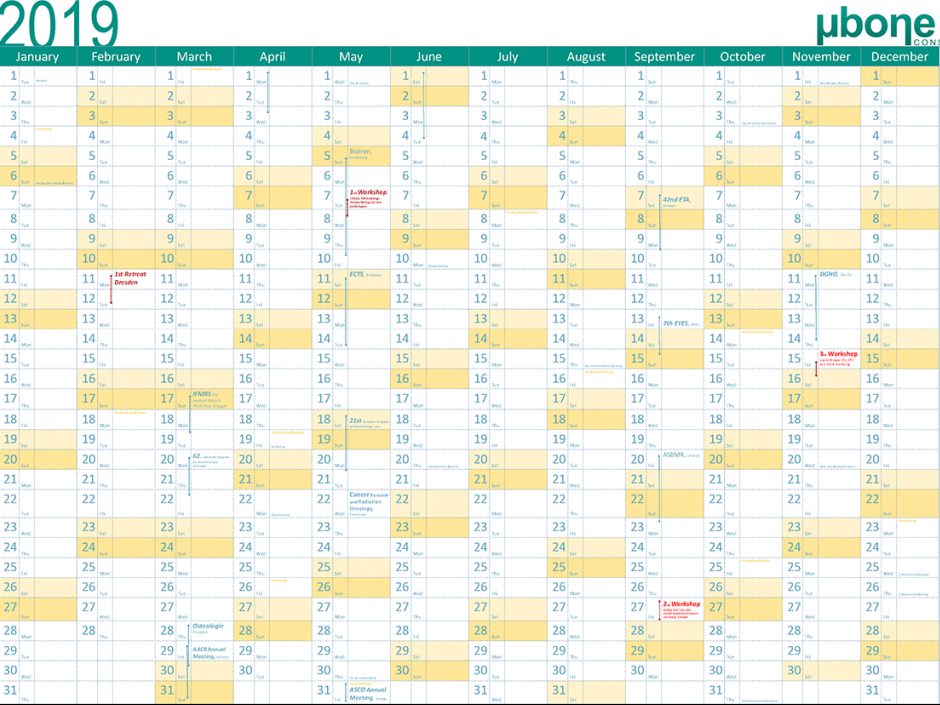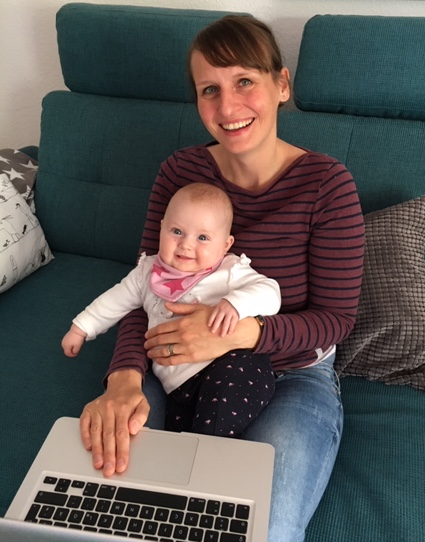Two dedicated scientists – one aim: Klaus Pantel intends to decode tumor biomarker – Lorenz Hofbauer tries to prevent the development of bone metastases
With the start of 2020, the European Liquid Biopsy Society (ELBS) was established by the initiative of Prof. Klaus Pantel, physician and tumor biologist at the University hospital Hamburg-Eppendorf (UKE) and board member of the DFG priority program µBONE. Over 40 European partners from research, clinics and industrial companies want to jointly promote research around liquid biopsy and its use in practice. The renowned cancer researcher, Prof. Dr. Klaus Pantel, director of the Institute of Tumor Biology at UKE is filled with hope: “Even a simple blood sampling could provide information on whether a cancer therapy shows efficacy or when the treatment should better be changed”. With Liquid Biopsy, UKE researchers are developing a promising diagnostic and therapeutic procedure by identifying blood-borne tumor cells (CTCs) and genomic fragments (ctDNA) and studying them for specific biomarkers. The aim of the research is to be able to predict on the basis of such markers, how effective a therapy is, whether a recurrence may occur or if there is even a tumor in the first place.
“Today we have a large number of scientific publications on this topic, but the transfer of the method Liquid Biopsy into clinical care still needs to be expanded,” says Prof. Pantel, who has worked with his European colleagues on this topic for decades. The newly founded European Liquid Biopsy Society (ELBS) is working hard to bring the process of liquid biopsy into clinical practice. “In order to achieve this, we at the ELBS are bringing together people and institutions from all over Europe who would like to work on bringing the promising research results to the clinic, so that in the future cancer patients can really benefit from it,” says Prof. Pantel. ELBS’ more than 40 international partners will in the future exchange more closely with each other on current research projects and clinical studies and support each other, for example in communication with regulatory authorities. They also want to work together to develop standards for medical practice. “Such extensive coordination and collaboration around Liquid Biopsy is unique in the world, so we are very proud to be leading the way here,” adds Prof. Pantel, who will coordinate the work of the society from Hamburg.
The nationwide µBONE consortium headed by Prof. Dr. Lorenz Hofbauer, physician-scientist at the TU Dresden, meets Klaus Pantel and another 100 members from various disciplines at the end of February in Dresden on the occasion of the World Cancer Day. They jointly work on solutions for current challenges in the field of bone metastases. The Bone Lab Dresden working group of the biomedical scientist Lorenz Hofbauer is currently investigating which signals the CTCs use to get into the bones causing permanent damage. “Our studies indicate that the RANKL and the Wnt signalling pathways with its inhibitors Dickkopf-1 and sclerostin play a central role in bone metastases,” says Hofbauer. „If we understand the homing of tumour cells to bone, we are one step further to make certain tissues less attractive for metastases or to protect bones so that metastases no longer have a chance to settle.”
[Photo: Axel Kirchhof and Amac Garbe]




